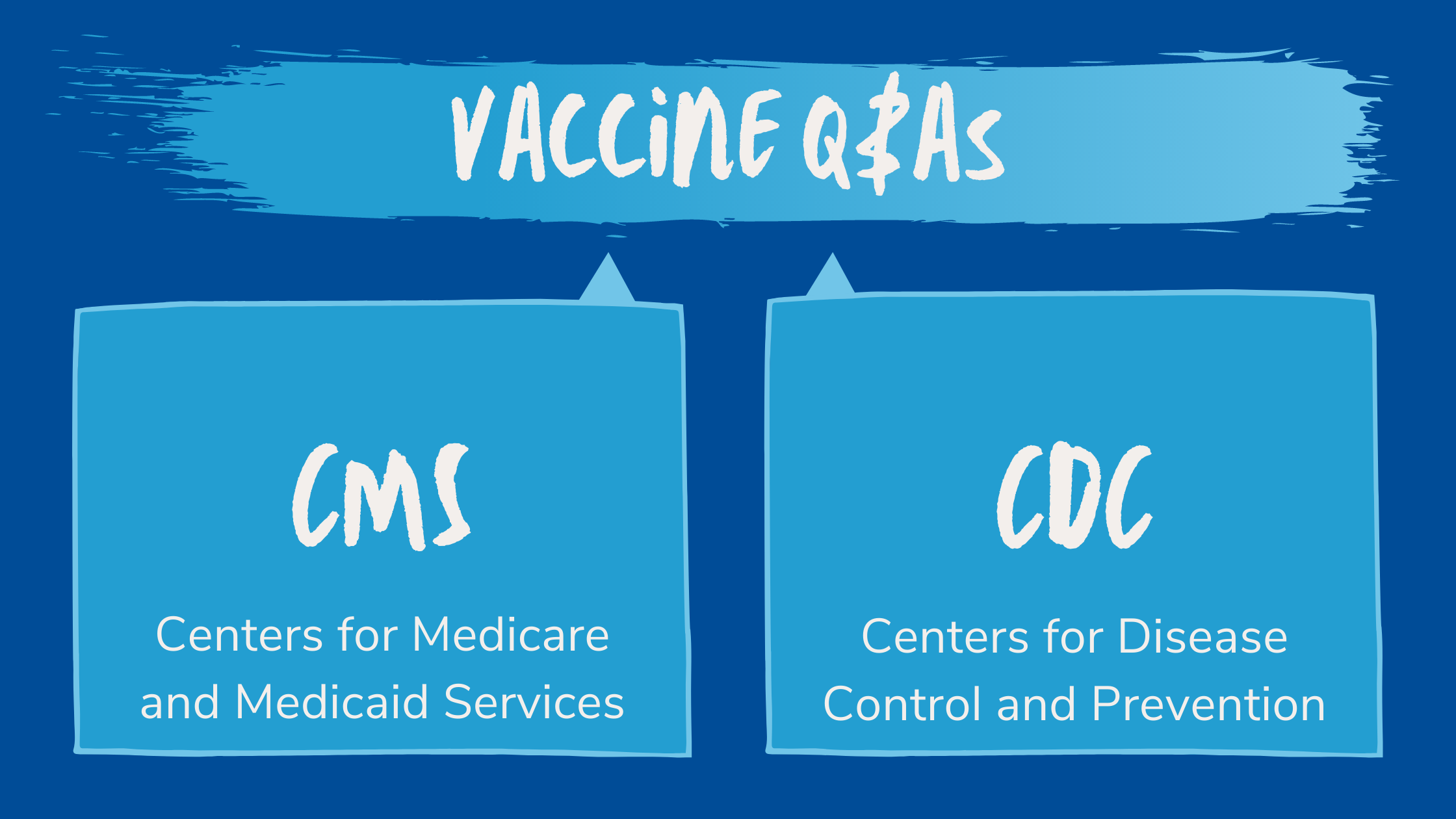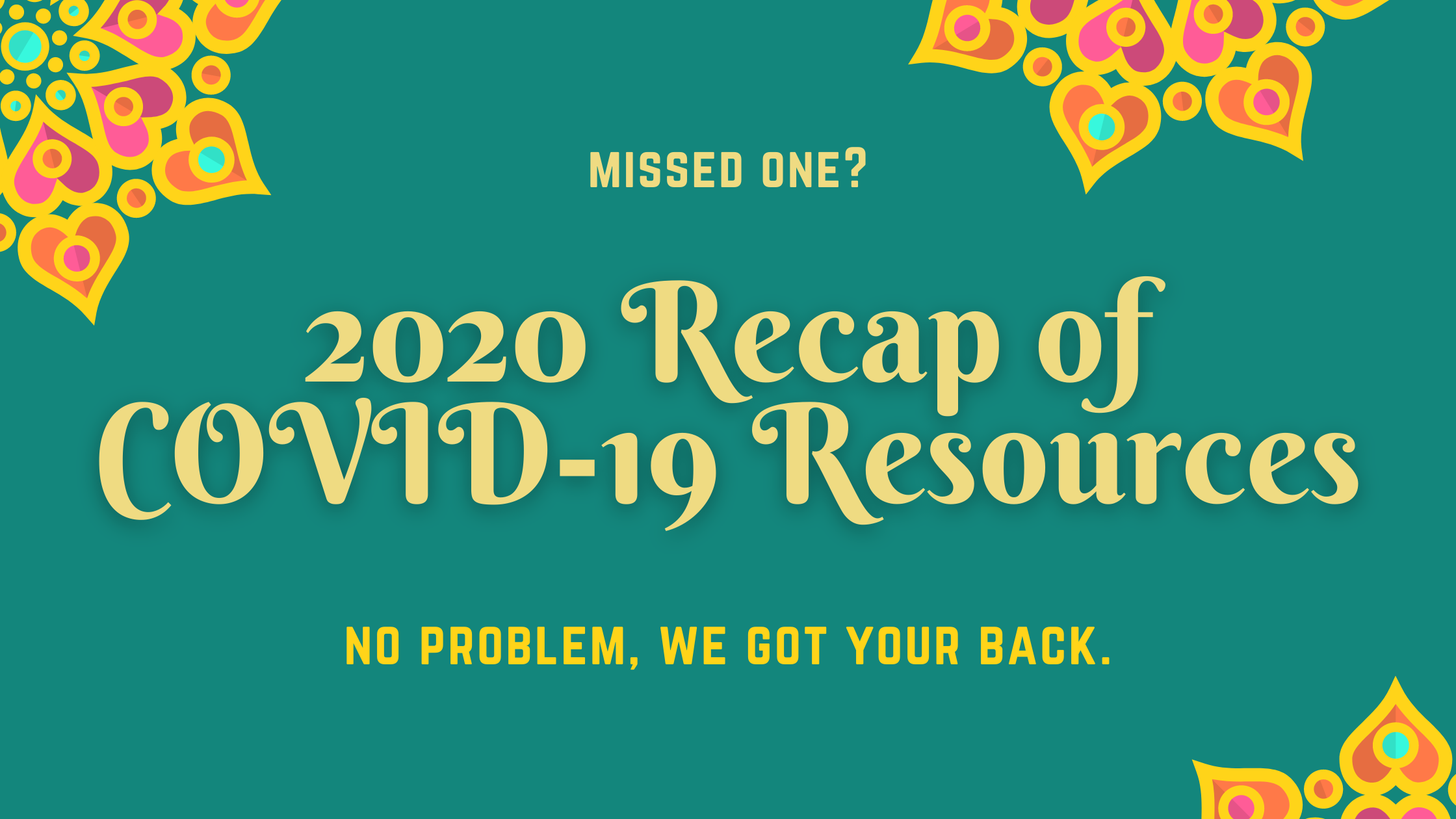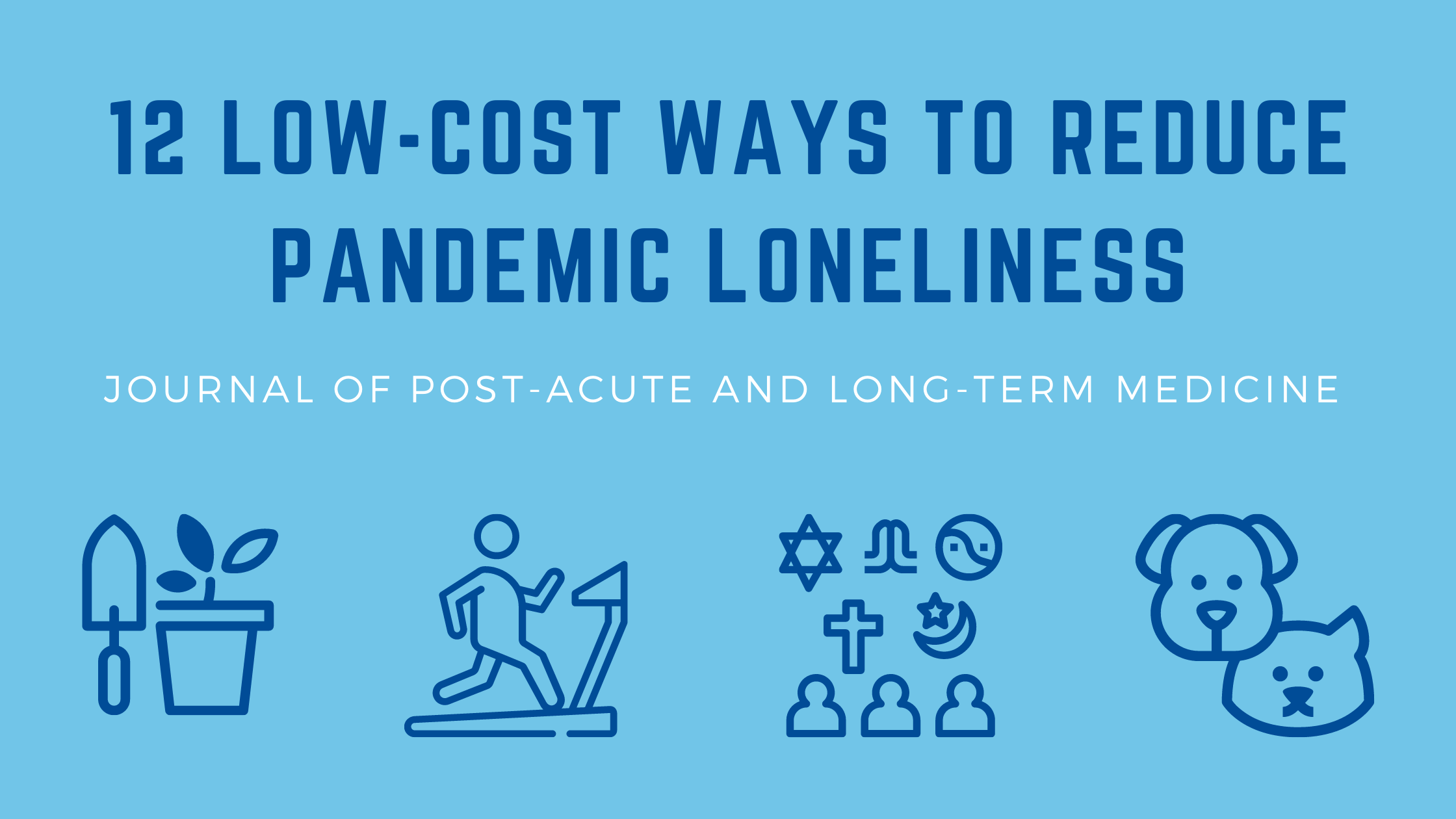Throughout January, the Centers for Medicare and Medicaid Services (CMS) and the Centers for Disease Control and Prevention (CDC) co-hosted a series of fireside chats on COVID-19 vaccine safety. Below are highlights from these sessions.
What is the difference between the two COVID-19 vaccines?
The major difference is the cold storage requirement (minus 75 degrees Celsius) of the Pfizer vaccine and its expiration after five days of refrigeration. There are minor differences in dosage and timing – with Moderna's administered as two 100-microgram doses given 28 days apart and Pfizer's administered as two 30-microgram doses given 21 days apart.
Do the COVID-19 vaccines contain the virus?
No, the virus acts like an avatar. It makes the virus seem as if it is already in the body.
How can we be sure the COVID-19 vaccines are safe?
Multiple U.S. partners are working together to ensure the safety of these vaccines, imploring measures to include expedited clinical trials and extensive vaccine safety monitoring. Learn more via the CDC.gov website, Ensuring the Safety of COVID-19 Vaccines in the United States.
Can the COVID-19 vaccines cause infertility?
No.
Will the COVID-19 vaccines alter my DNA?
No.
Were the COVID-19 vaccines tested on individuals of different races?
Black, Hispanic, Asian, and American Indian representatives were included in trials. According to Newsday.com, they were represented as follows:
* Black (13% U.S. population): 10% U.S. Pfizer participants; 10% Moderna participants
* Hispanic (<19% U.S. population): 13% U.S. Pfizer participants; 20% Moderna participants
* Asian (6% U.S. population): About 6% Pfizer participants; 4% Moderna participants
* American Indian: Pfizer participation similar to U.S. population; Moderna information not provided.
Source: Minority numbers up in clinical trials (December 7, 2020)
Out of 5 million vaccinations, only 29 severe reactions have been reported.
If you have had COVID-19 do you still need to be vaccinated?
Yes, studies are in the works to determine how long you might be immune to the virus.
Does the vaccine contain any fetal cells?
No.
If you already tested positive is there a timeline for getting vaccinated?
No, but it is recommended you get vaccinated.
How long do you need to be monitored after getting the shot?
For most people, 15 minutes. If you've had allergic reactions in the past, wait 30 minutes.
Should you continue to wear a mask after both shots?
Yes, you could be a carrier. But, if you are exposed after both shots, you shouldn't have to quarantine.
Does the vaccine contain aspirin in it?
No, nor does it have aluminum or preservatives.
How often will people need to get vaccinated?
It is too early to tell.
Why are children not receiving the vaccinations?
The vaccines were fully-trialed on those age 18 and up. Trials began in October in children as young as 12, but trials are expected to continue for several more months.
How can we answer general concerns about staff getting vaccinated?
We are seeing more staff getting vaccinated after they see others receive it with no issues. The CDC developed a toolkit to help facilities address myths and get all healthcare workers vaccinated.
How can we address safety concerns based on vaccine reactions?
The CDC has no safety concerns based on current vaccine reactions. There is a smartphone app (V-Safe) to text with the CDC after you've received your first and second dose.
How can we address concerns about the speed of COVID-19 vaccine development?
The technology used to develop the vaccine has been around for 10 years. It was developed for another virus and continues to reduce the timeframes for other vaccine development. Both Pfizer and Moderna trials had at least 30K participants.
When will COVID-19 vaccination distribution improve?
In mid-February, the CDC will begin working with 21 different pharmacy chains/groups to dispense the vaccine.
Will the states be taking some COVID-19 vaccines back from facilities?
The CDC has tried to provide the correct quantities for each facility. If there are extra doses after all staff and residents are vaccinated, the state may take the overage to use elsewhere.
What can you tell us about the development of new COVID-19 vaccines?
Two new vaccines are close to approval. The AstraZeneca vaccine has a very high efficacy rate. Johnson & Johnson's one-dose vaccine is still in the trial phase with hopes of test completion by mid-February.
Do people need a second dose of the existing vaccines?
There is not enough data at this time to determine if the second dose is needed.
How can we address timing concerns about getting the second dose within recommended timeframes?
The CDC says you can get the second dose up to 42 days after the first dose.
—
This concluded the series of sessions, but you may find these additional resources helpful:
/Prime-Care-Technologies-Logo.png?width=191&height=55&name=Prime-Care-Technologies-Logo.png)


/PCT-Trans.png)

